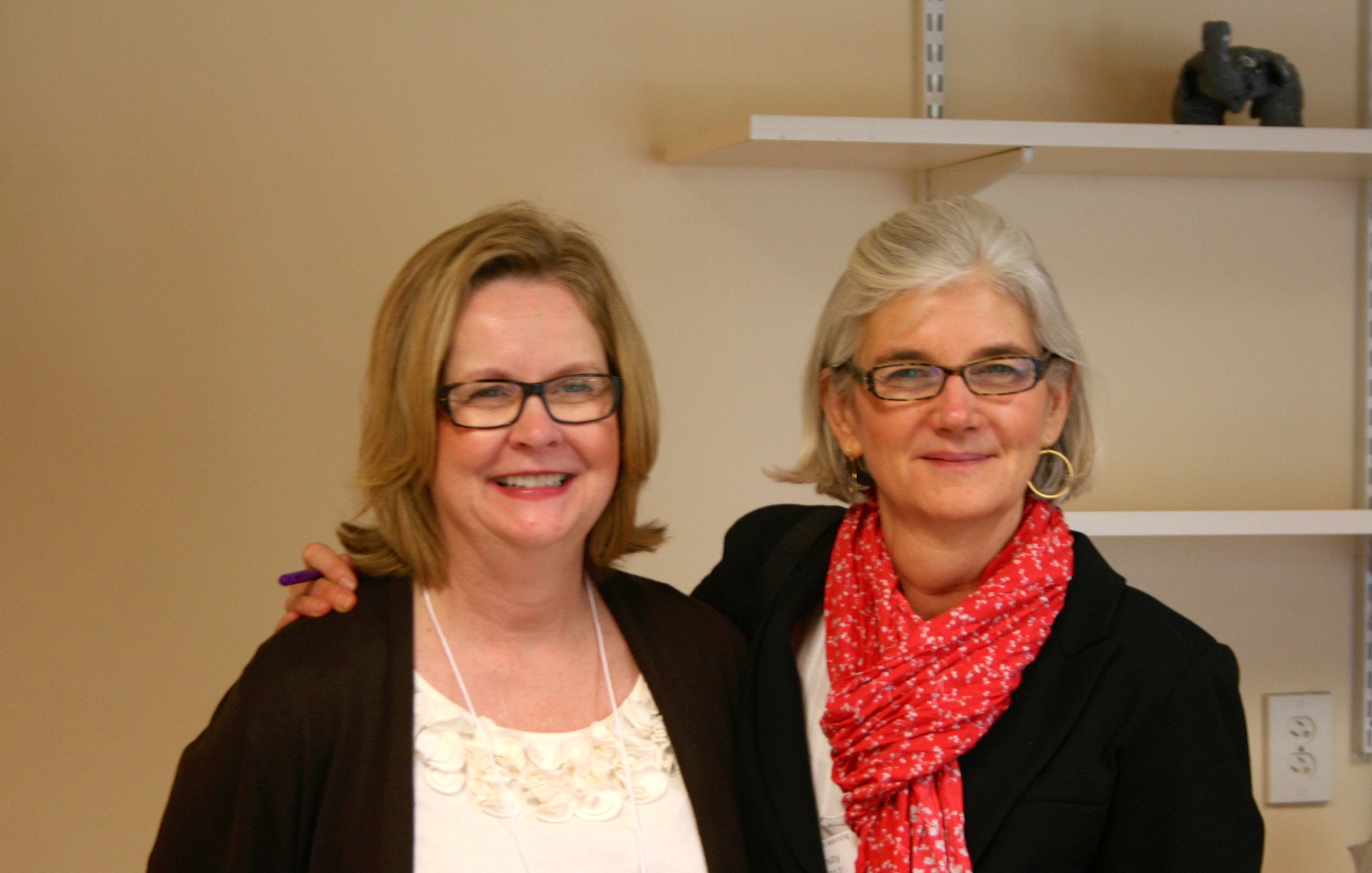 The following post is a reprint of a monthly letter from Dean Ena Shelley to the community of Butler University in Indianapolis, Indiana. Ena is a dynamic and undaunted educator in today's world and she is a close friend and colleague of ours.
The following post is a reprint of a monthly letter from Dean Ena Shelley to the community of Butler University in Indianapolis, Indiana. Ena is a dynamic and undaunted educator in today's world and she is a close friend and colleague of ours.
This piece seemed related to Ashley's posts:
What Does Baseball Have do do with it?
What does Bubba Have to do with it?
What does Basketball Have to do with it?
Ena makes a powerful case in comparing the Super Bowl to high stakes tests.
Dear Friends,
I, like many, have a great deal of respect for Peyton Manning. He has achieved much as a football player and has shared his success with others, including his tremendous support for a Central Indiana children's hospital. While he is no longer an Indianapolis Colt, Peyton provided a reason for many local football fans to still have a rooting interest in this year’s Super Bowl.
Yet, earlier this month we saw a lopsided outcome to that game featuring two teams that had, up until that point, been equally competitive in their respective divisions. In fact, most media and spectators had the Broncos as the “favorites.” Despite all predictive indicators, the finish showed that even a great team and great players can have a bad game.
As the Super Bowl game slipped away from the grasp of Peyton and his team, I began to wonder what the ultimate outcome would be for this player and this team if current education policies were applied.
With the loss of the game, would Peyton have been evaluated as “ineffective” and put on an “improvement plan” with the understanding that his future scores had to rise significantly, or he and his coaches would be dismissed? Despite all other forms of evaluation, would he have missed the cut-off for a “Pass” or “Pass Plus” rating as a league quarterback?
And, even though the Denver Broncos had to win many games in order to earn the right to be in the Super Bowl, would this one game be the only data point to determine if the team would receive an “A-F” grade?
Peyton and his teammates were obviously having a bad day.
This one game is what the ISTEP exam is like for many children.
In reviewing Peyton’s performance, some would say that “he couldn’t handle the pressure,” yet Peyton is an adult who has multiple life experiences to handle such situations.
Think about the amount of pressure we put on children as they set aside normal classroom lessons and practice for the test. Schools direct students to get extra rest for the test, and eat a better breakfast because of the test. Teachers feel and reflect anxiety that their students and schools could be publicly identified as “failing.” Then we wonder why students fall apart on the day of the test.
The Super Bowl wasn’t an accurate reflection of all Peyton could do, but if he were a student in Indiana, his performance on that one day and one moment in time could have dire consequences. In an interview after the game, a reporter asked Peyton if he was embarrassed by his performance and that of his team.
He rightfully replied that, to say it was an embarrassment dishonored all the team had accomplished to get to the final game.
I immediately thought of all of the teachers who help students make progress and strides in their growth, only to come up short because of the measurements and scores that have been put in place. They are made to feel embarrassed rather than honored for all they have accomplished.
I wonder what would happen if educators stood strong, like Peyton, in their conviction to be proud of their accomplishments and refused to be judged solely by one game, one moment in time. How can we change the scoreboard of education? Perhaps the first step is honoring the victories, accomplishments, and successes that happen every day.
So, as we leave football season and enter testing “season,” please help us define your work and the work of your students by more than just a number, more than just “one game.” Post your successes on Facebook and Twitter using #greatteachingIN, #BUCOEimpact, and @ButlerCOE to get the word out about what is right in education and the fact that one test should not be the Super Bowl of Education.
Until next month,
Dr. Ena Shelley
Dean, College of Education
